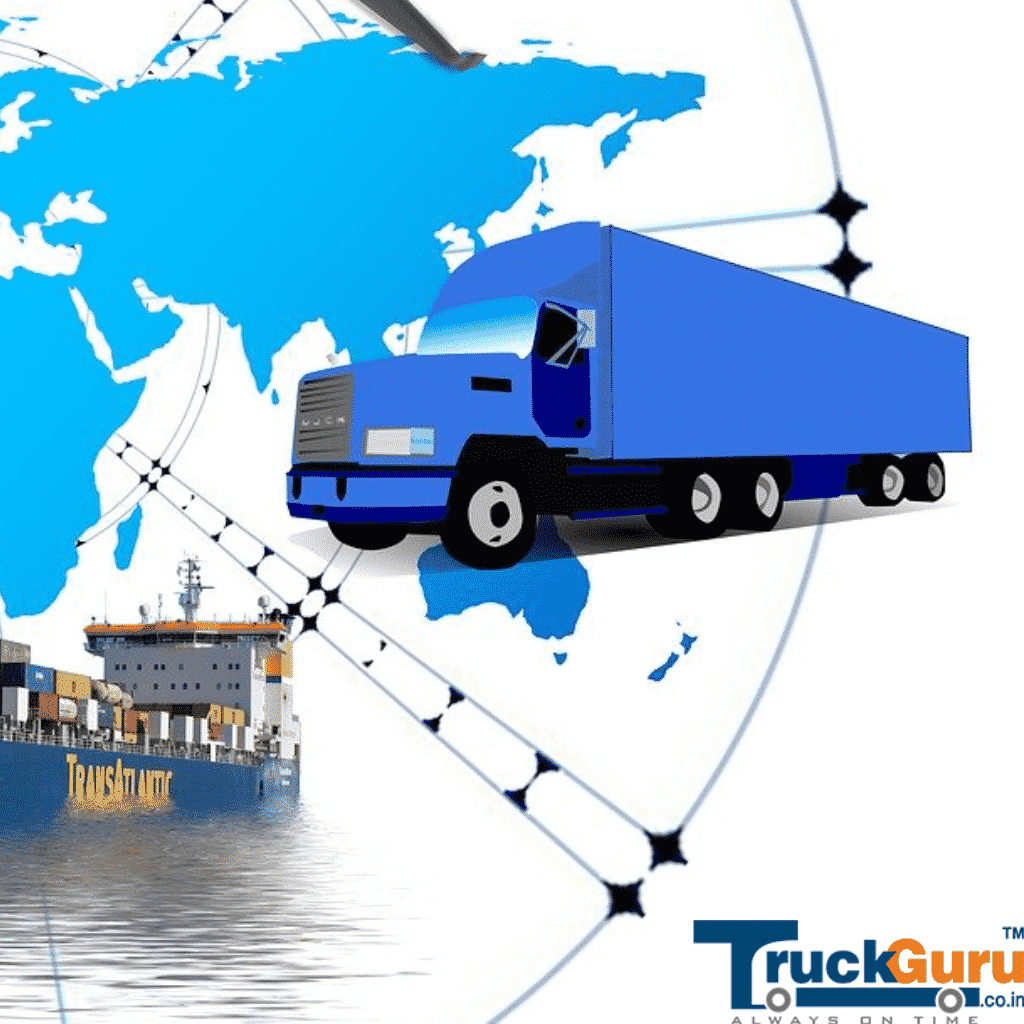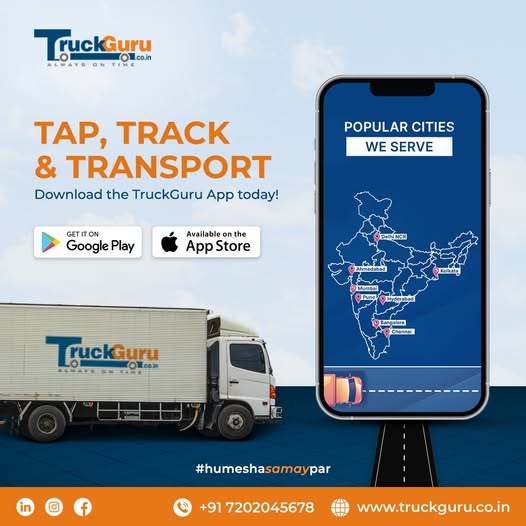Do you feel it is confusing to choose the best logistics trucking company for your transportation needs? Or do you get totally lost in the complex world of logistics? For many people, all the logistics companies are the same with almost the same service offerings. But that is not the real picture! There are various types of logistics providers such as 3PLs, 4PLs, freight brokers etc, each offering different services and unique capabilities. If you understand these differences, you can easily and confidently choose the best logistics company that can greatly impact your bottom line.
Different Types of Logistics Providers
Select the logistics company that matches your specific needs related to transport. Let’s understand how they differ from each other-
Third-Party Logistics (3PL) Providers
3PL providers, like TruckGuru, are a common choice for businesses that wish to outsource their logistics tasks. They offer services like transportation, warehousing, and inventory management. These 3PL providers are flexible and customize these services to suit your needs. You can outsource just one service or multiple logistics trucking services in one package. Businesses can enjoy flexibility and control their logistics operations.
Fourth-Party Logistics (4PL) Providers
4PLs are trained in handling your entire supply chain operations. All the major tasks such as planning, improving supplier relationships, tracking product flow and managing reverse logistics (like returns and recycling) are efficiently managed by these companies. They are responsible for integrating advanced technology systems for real-time updates and even work with 3PL providers on your behalf to get the work done. They will be working as your extended team that handles all your logistics and transport operations. You can save your time and effort by choosing these service providers, but it might mean having less direct control over the process.
Freight Agents
Freight agents find suitable transportation carriers for your shipments. They are a better option if you want flexible shipping options and affordable rates. Many freight agents also provide tracking tools so you can check where your shipment is.
Key Benefits of Working with Professional Logistics Trucking Companies
- Affordability
One of the primary advantages of partnering with logistics companies is cost savings. Companies like TruckGuru use their extensive carrier networks and bulk shipping volumes to negotiate better rates than individual businesses could obtain on their own. This can help you save a lot on your transportation costs.
- Expertise and Industry Knowledge
Professional logistics trucking providers have years of experience and rich industry knowledge. They understand supply chain operations and are also aware of the shipping rules in different states. They can confidently handle any challenges that come up during transportation.
- Advanced Technology Integration
Professional and reliable logistics companies invest in technology platforms to make their services better. They use these technologies to provide users with real-time tracking, paperless documentation, and detailed analytics. If businesses want to have their own technological infrastructure, it would be expensive for them to develop and maintain it independently.
- Scalability and Flexibility
As your business grows or experiences seasonal demand spikes, logistics providers can modify their services to fit your needs. This flexibility helps businesses to handle fluctuating shipping loads. This helps to run your operations without any obstruction and any extra costs.
How to Choose the Right Logistics Partner?
Assess Your Needs
Before you start your search, clearly understand your logistics requirements-
- What services do you need? (Transportation only, warehousing, full supply chain management?)
- What are your typical shipping volumes?
- Do you need specialized services like temperature-controlled transportation?
- What’s your budget?
Evaluate Provider Capabilities
When researching the best logistics trucking company, consider these factors:
- Geographic coverage and network strength
- Technology platforms and integration capabilities
- Industry experience and expertise
- Financial stability
- Customer service quality
- Compliance and safety records
Ask the Right Questions
During your evaluation process, don’t hesitate to ask detailed questions:
- What is your on-time delivery rate?
- How do you handle unexpected delays or issues?
- What kind of tracking and reporting capabilities do you offer?
- Can you give some references from similar businesses in our domain?
- What makes your service different from competitors?
Consider the Long-Term Relationship
While cost is important, don’t make it your only consideration. Find a partner who is genuinely interested in understanding your business and also shows proactive problem-solving abilities. They should have a strong track record of customer retention, and offer transparent communication and room for growth and service expansion.
Key signs of a questionable provider include:
- Lack of clear communication
- Reluctance to provide references
- Outdated technology systems
- Unclear pricing structures
- Poor online reviews or reputation
- Limited insurance coverage
- Inability to handle your specific requirements
Making the Final Decision
Once you have shortlisted your top choice for logistics companies, try running a trial with your top pick. Many companies, like TruckGuru, offer trial periods so you can test their services before committing long-term.
Conclusion
A logistics trucking company can improve your business’s efficiency and bottom line. The process of selecting your logistics trucking partner might be difficult, but if you break it down into small steps you can manage it perfectly. Finalize the logistics trucking company that understands your business operations, and needs and can grow with you over time. No matter, if you choose a 4PL or a specialized 3PL partner like TruckGuru, you should book the company whose capabilities and culture align with your business goals and values. Invest time in the selection process, ask questions, and don’t hesitate to start with a trial period instead of directly making a long-term commitment.



